QIDI ABS Rapido Metall 3D Drécker Filament
QIDI TECH ABS Rapido Metallfilament ass eng gutt Wiel fir funktionell Deeler, déi Haltbarkeet a dekorativ Qualitéite brauchen. Déi lackfräi metallesch Textur verbessert d'Textur an d'Qualitéit vum Produkt däitlech.


QIDI ABS Rapido Metallfilament Modell Display


Produktgréisst
QIDI ABS Rapido Metallfilament 1,75 mm. Funktionéiert perfekt mat de meeschte FDM 3D-Drécker um Maart.


Accessoire-Kompatibilitéit
| Recommandéiert | Net recommandéiert | |
| Bauplack | QIDI PEI Plack, HF Plack, PC Plack a glat Plack | / |
| Hotend | Messing-/Kupferplatéiert Düse (0,2/0,4/0,6/0,8 mm) Bimetalldüse (0,4/0,6/0,8 mm) | Düse aus gehärtetem Stol (0,4/0,6/0,8 mm) |
| Klebstoff | Klebstift/3D LAC Klebstoffspray | / |
| Recommandéiert Dréckastellungen | |
| Dréchnungsastellungen (Héichdrockuewen) | 60 °C, 4-6 Stonnen |
| Drécken an d'Fiichtegkeet vum Container halen | < 15% RH (Versiegelt, mat Trockner) |
| Düsentemperatur | 220-250 °C |
| Betttemperatur (mat Klebstoff) | 80~100 °C |
| Dréckgeschwindegkeet | 40-200 mm/s |
| Physikalesch Eegeschaften | |
| Dicht | 1,05~1,07 g/cm³ |
| Vicat Erweichungstemperatur | 91 °C |
| Hëtztoflenkungstemperatur | 75 °C |
| Schmelztemperatur | 190 °C |
| Schmelzflussrate | 30~40 g/10 Minutten |
| Mechanesch Eegeschaften | |
| Zugfestigkeit | 34~37 MPa |
| Bréchend Verlängerungsquote | 2%~4% |
| Emodulus | 3400~4000 MPa |
| Schlagfestigkeit | 22~28 kJ/m² |
Drécktipps
1. ABS Metall ass ufälleg fir Feuchtigkeit, dofir soll et an enger dréchener Ëmwelt gelagert ginn, fir ze verhënneren datt Feuchtigkeit Blasen oder Uewerflächendefekter beim Drock verursaacht.
2.Schnell Ofkillung kann zu Rëss oder engem ongläiche Glanz op der Uewerfläch vum ABS-Metall féieren, dofir ass et recommandéiert, de Gebrauch vu Killventilatoren während dem Drockprozess ze reduzéieren, fir dës Problemer ze vermeiden.
Fir méi Detailer kuckt w.e.g. op: Filamentguide op WIKI.


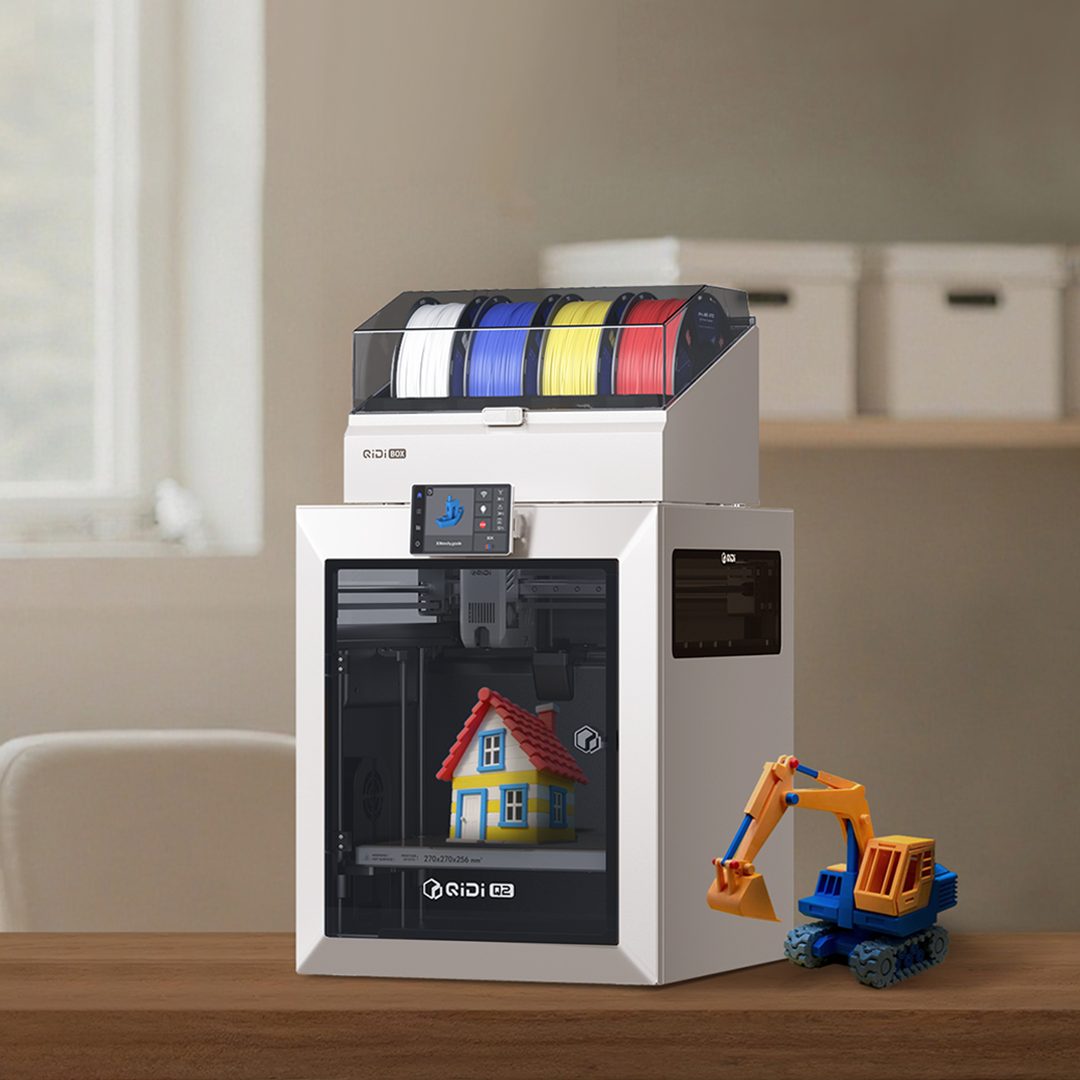 Q2
Q2
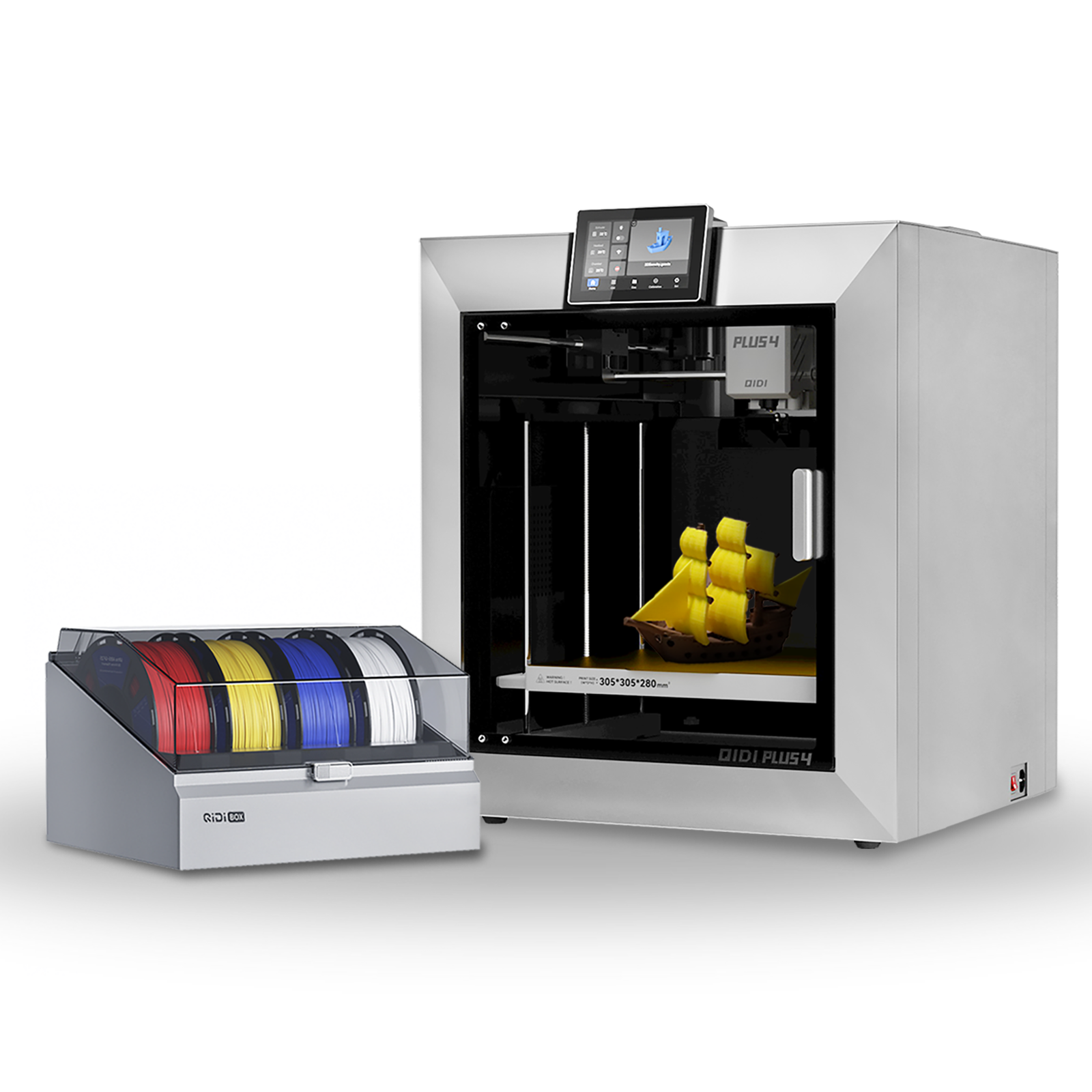 Plus4
Plus4
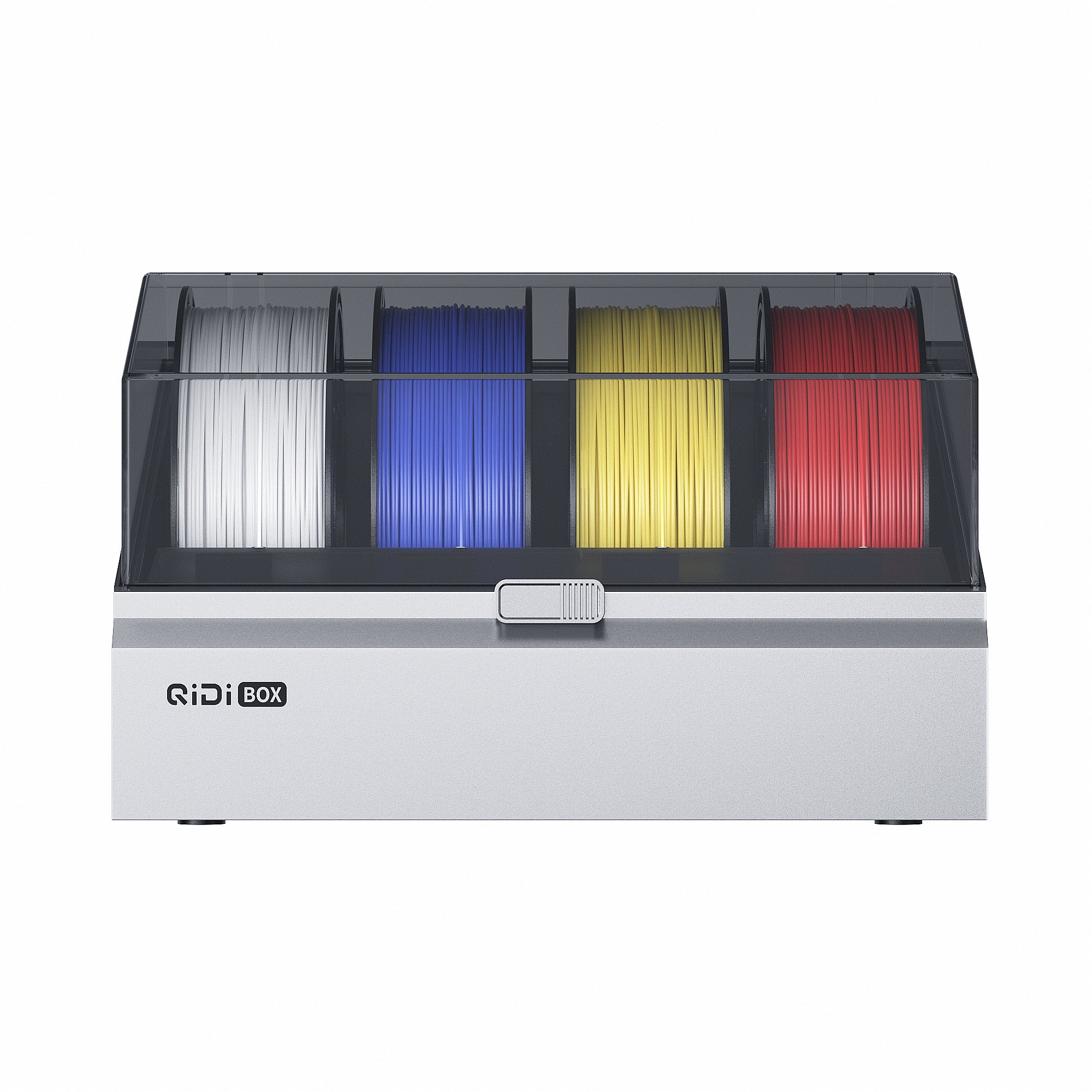 Qidi Box
Qidi Box
![[Qidi X-CF Pro, speziell für den Druck von Kohlefaser und Nylon entwickelt] - [QIDI Online Shop DE]](http://eu.qidi3d.com/cdn/shop/files/3034a1133efe01daba919094b70c6310.jpg?v=1750300120) Q1Pro
Q1Pro
![[Qidi X-CF Pro, speziell für den Druck von Kohlefaser und Nylon entwickelt] - [QIDI Online Shop DE]](http://eu.qidi3d.com/cdn/shop/products/X-MAX3-3D-Printer-02.png?v=1750300138) Max3
Max3
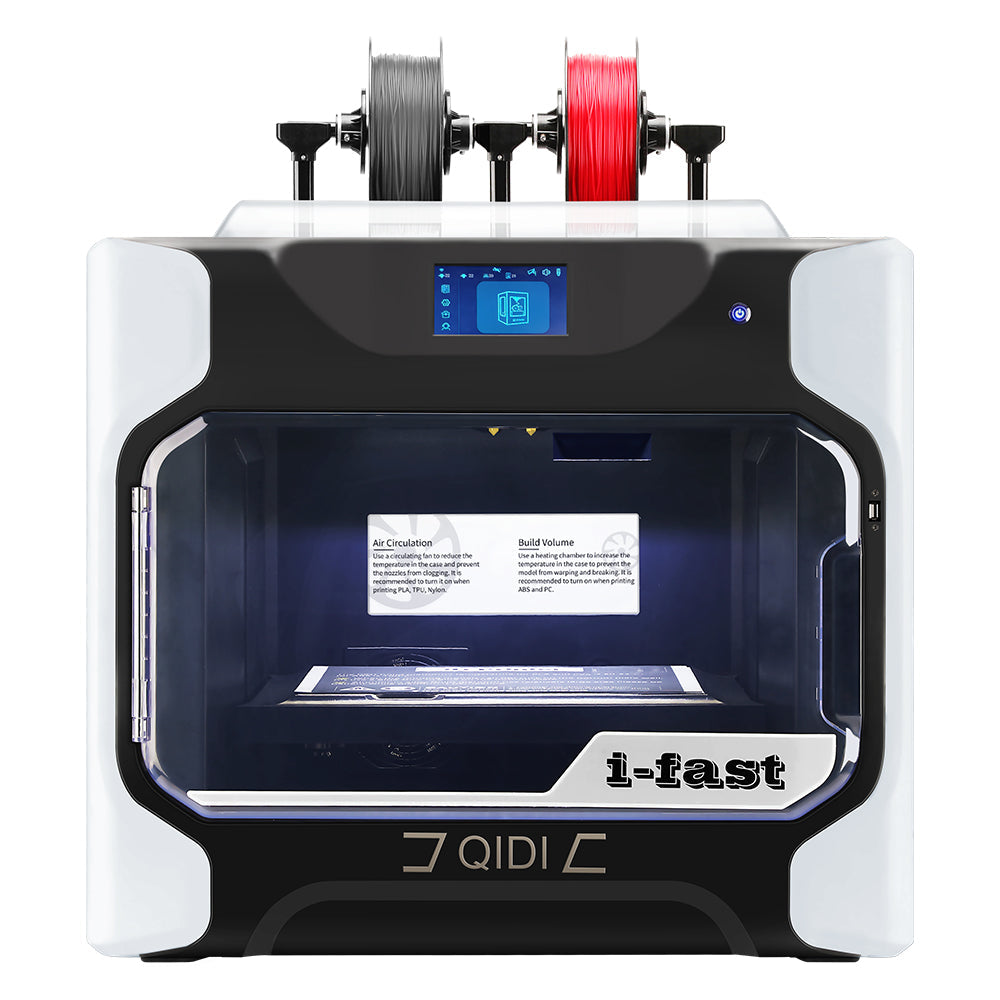 I-Fast
I-Fast







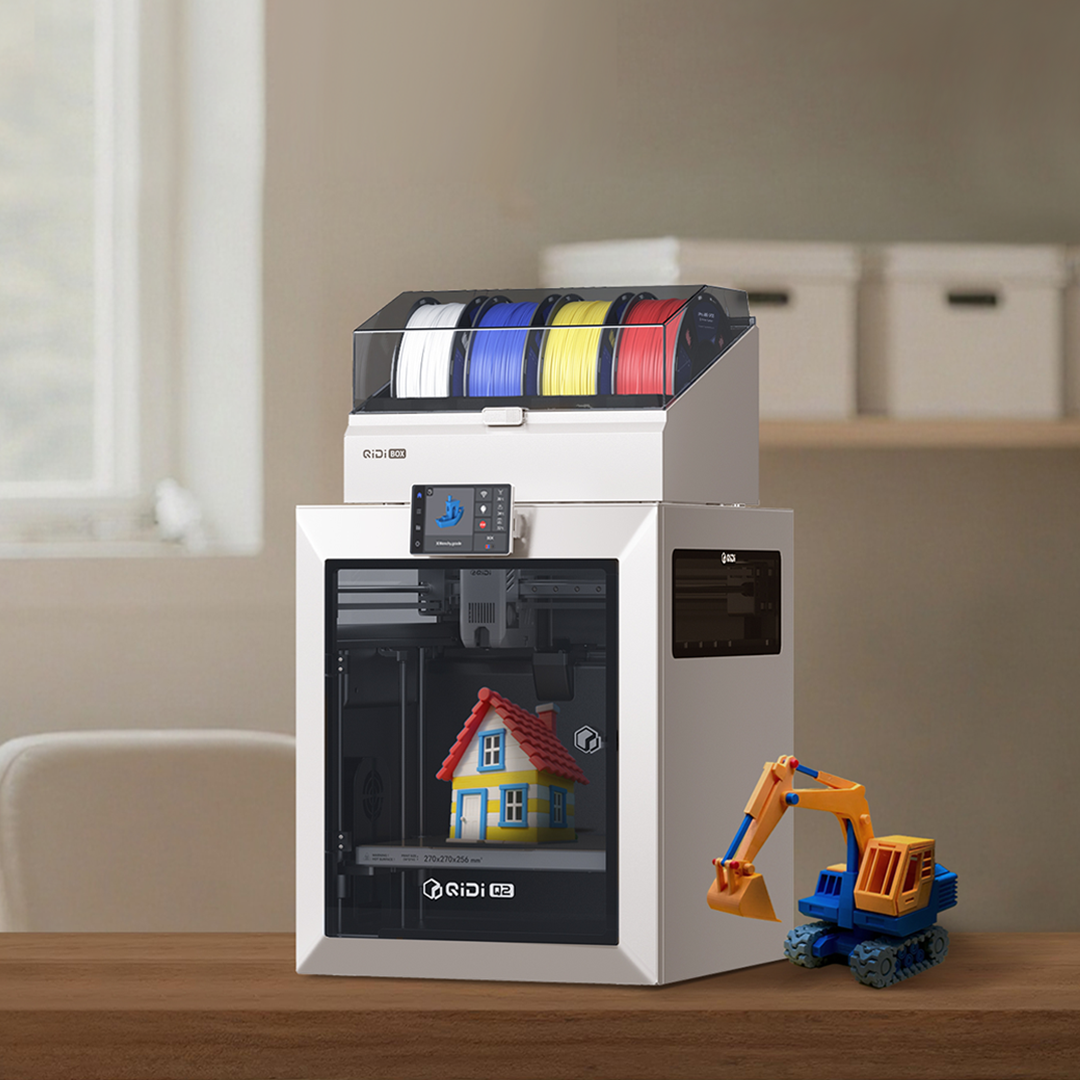
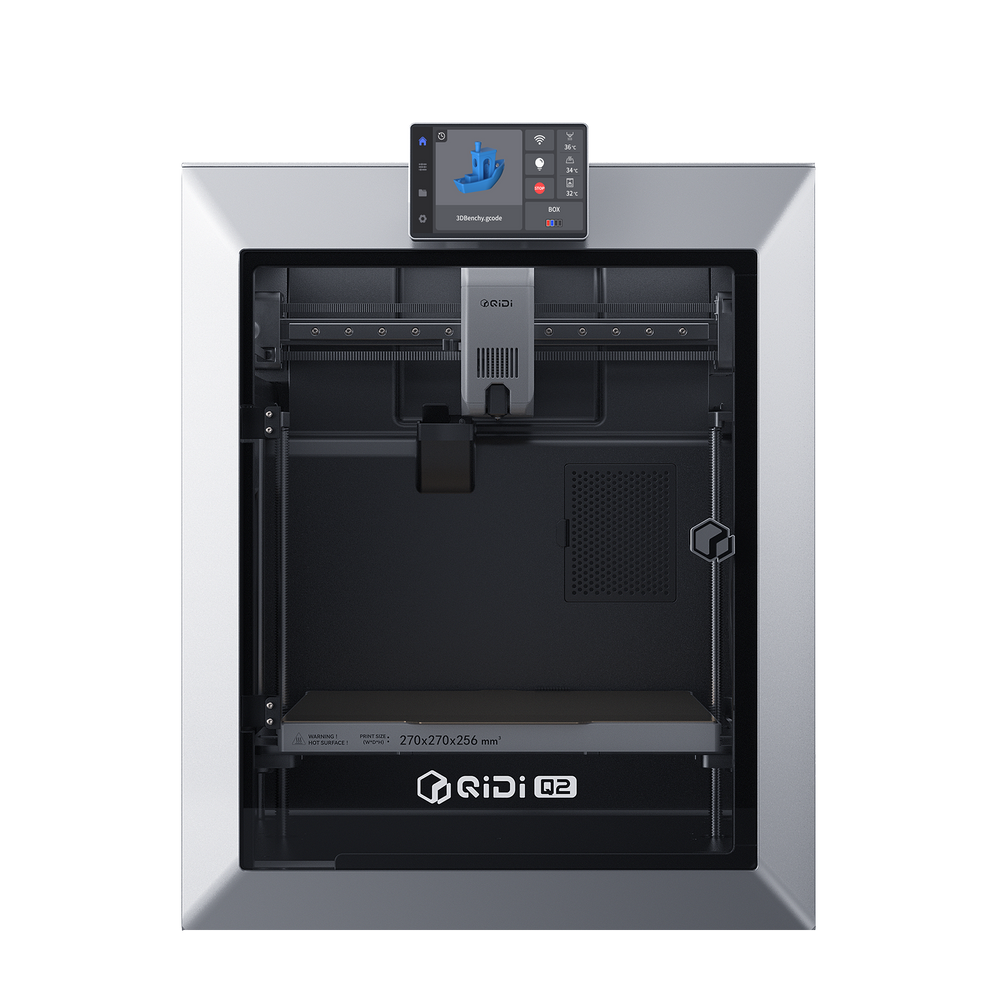
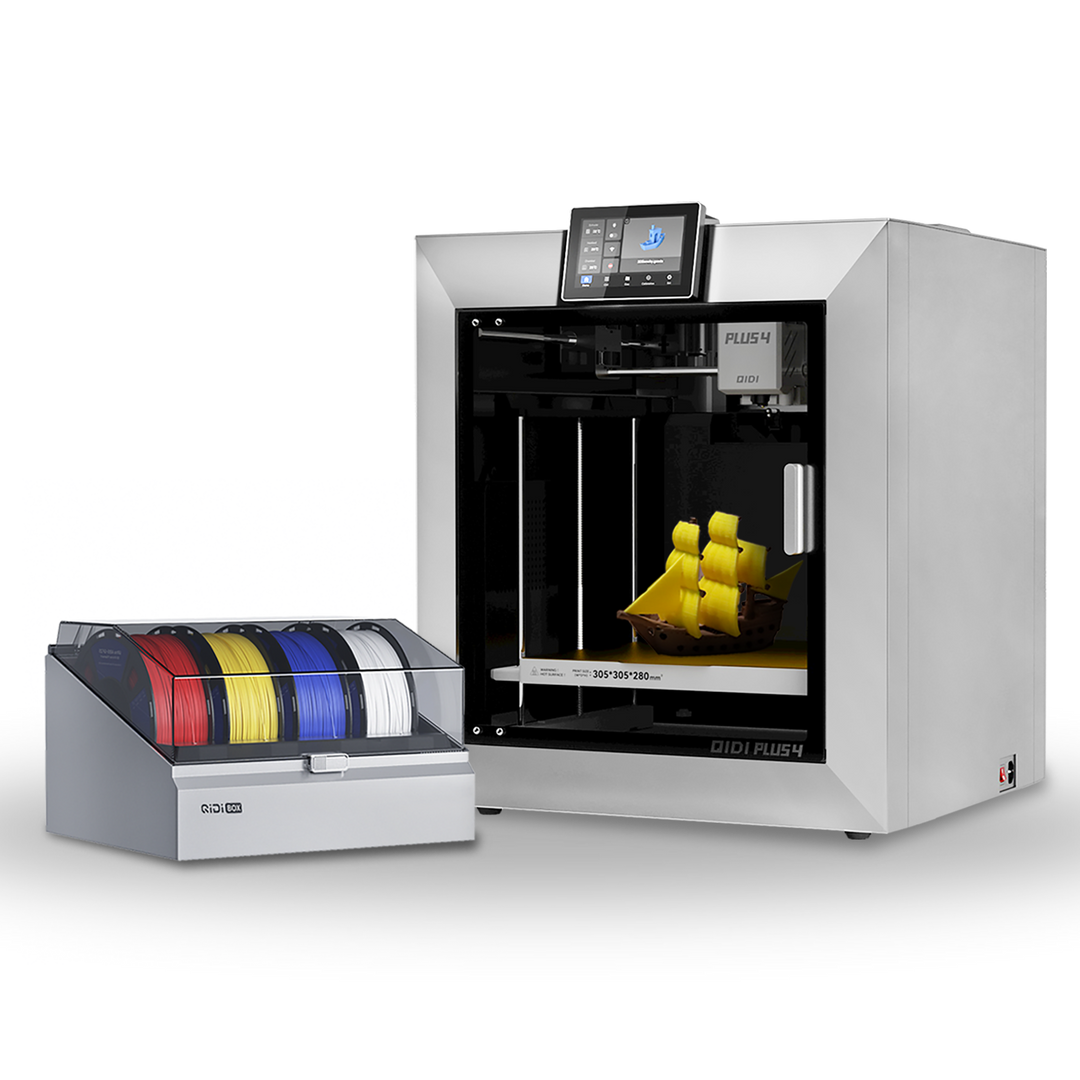

![[Qidi X-CF Pro, speziell für den Druck von Kohlefaser und Nylon entwickelt] - [QIDI Online Shop DE]](http://eu.qidi3d.com/cdn/shop/products/X-MAX3-3D-Printer-02.png?v=1750300138&width=1080)
